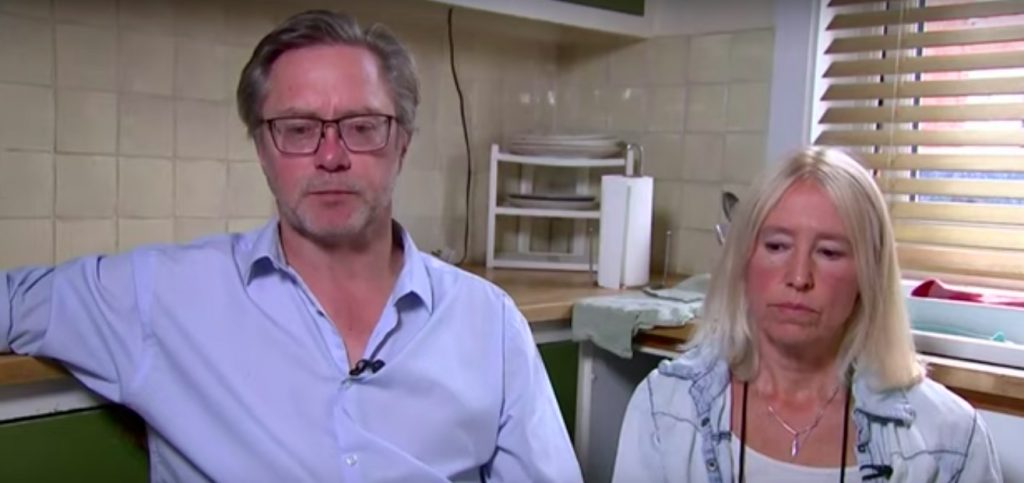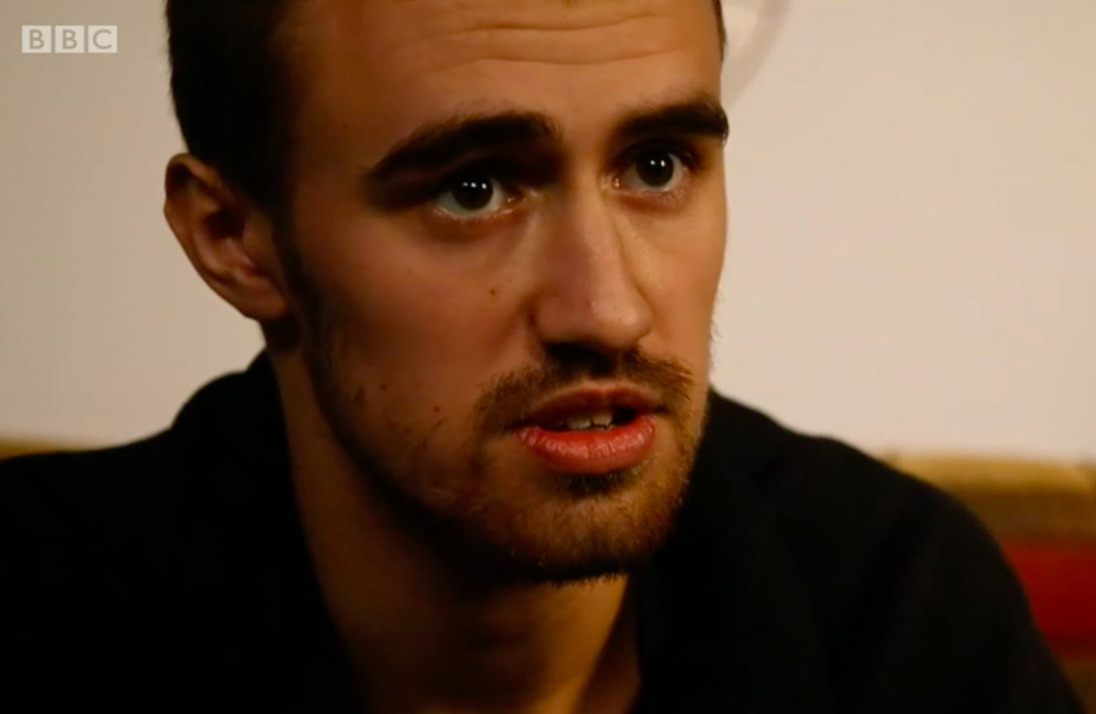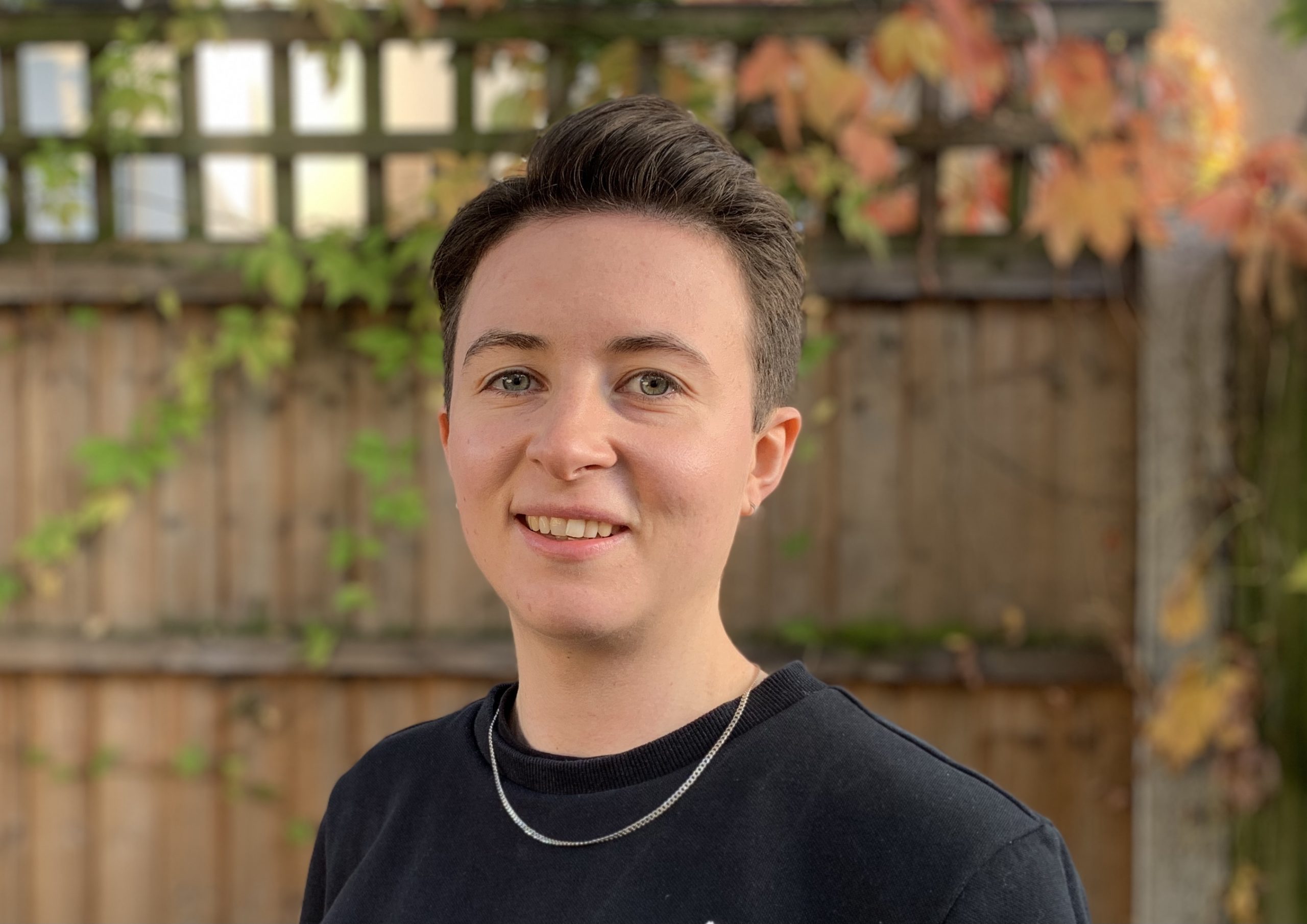Human rights groups Liberty and Amnesty International have criticised a “draconian” decision by the UK government to strip IS defector Jack Letts of his British citizenship, with one saying it could potentially be in breach of international human rights laws.
Letts, 24, dubbed “Jihadi Jack” by the UK media, has had his citizenship revoked according to a weekend report in The Mail on Sunday.
The former Oxfordshire schoolboy was 18 years old when he headed to Syria to join IS fighters in 2014.
Gracie Bradley, policy and campaigns manager at Liberty, said stripping Letts of his citizenship was an outdated measure given that the government has ample powers to prosecute suspected terrorists in the UK.
“Banishing people from the UK belongs in the dark ages – not 21st century Britain,” Bradley told RightsInfo.
“The Government has an array of powers, including the criminal law, which it can and should use to deal with people suspected of involvement in terrorism.
“Ministers’ growing use of draconian, executive powers to deal with suspected criminality can only make us all less safe in the long run.”
Letts, who converted to Islam aged 16, was captured by Kurdish forces when he tried to flee Raqqa and has been in prison in northern Syria since 2017.
Banishing people from the UK belongs in the dark ages – not 21st century Britain.
Gracie Bradley, policy and campaigns manager at Liberty
The 24 year old, whose role with IS remains unclear, has said he wants to return to Britain.
Jack Letts Wants To Return To Britain

The centre of Raqqa in 2017. Image Credit: Wikimedia Commons / Voice of America Kurdish.
Steve Valdez-Symonds, refugee and migrant rights director at Amnesty International UK, said that the government was shirking its duty to deal with Letts’ case.
Letts is a dual UK-Canadian national and the Home Office’s move has caused diplomatic tensions with the Canadian government, which has accused Britain of “off-loading” its responsibilities.
Being made stateless is prohibited under international law.
“Deprivation of citizenship is an extreme power that should never be used arbitrarily,” said Valdez-Symonds.
“In this case, it appears intended merely to abrogate responsibility for investigating and addressing any crimes under international and domestic law that a British citizen may have committed.”
Letts’ Parents Convicted Of Funding Terrorism

Jack Letts’ parents. Image Credit: Channel 4 News.
Under the British Nationality Act 1981, an individual can be stripped of their citizenship if the Home Secretary believes this would be “conducive to the public good” and so long as they would not become stateless as a consequence.
Valdez-Symonds explained that the Home Office measure could also amount to a breach of international human rights laws.
“Using this power against someone born and raised in the UK – and with no comparable connection to another country whose nationality they may hold – is likely to constitute arbitrary deprivation of nationality, and violate international human rights law and standards,” added the refugee and migrant rights director.
Jack Letts’ parents – John Letts, 58, and Sally Lane, 57 – were convicted of funding terrorism in June this year after sending their son £223, which they claim was to help him flee IS.
Letts’ case has been widely reported by the British press. His recruitment by IS drew attention because he is white, with a middle-class background, and his parents have said he has severe obsessive-compulsive disorder.
A Home Office spokesperson told RightsInfo: “Decisions on depriving a dual national of citizenship are based on substantial advice from officials, lawyers and the intelligence agencies and all available information.
“This power is one way we can counter the terrorist threat posed by some of the most dangerous individuals and keep our country safe.”
However, the spokesperson added that the department does not routinely comment on individual cases.
Letts’ case has been compared with that of another IS defector, Shamima Begum, who left her Bethnal Green home in London for Syria in 2015, aged 15, and was found in a Syrian refugee camp by a journalist earlier this year.
She was stripped of her British citizenship in February on the grounds that she also has Bangladeshi citizenship, which has been refuted by authorities in Bangladesh.
In an interview with the BBC in October 2018, Letts said: “I did what I did, I made a big mistake.”
He added: “I regretted what I did and thought, supposedly, the British idea is that even if you do make big mistakes, you can, sort of, go back…you can set things right.”
In the same interview, Letts admitted that at “one point” while he was with IS he was willing to carry out a suicide attack using a car.
While with IS, Letts allegedly got married and had a child, whom he has yet to meet.
Want to see more on this topic?
- Take a look at an opinion piece on revoking citizenship.
- Read more about Shamima Begum’s case covered on RightsInfo.
- Learn about a charity urging the UN to take action on statelessness.







